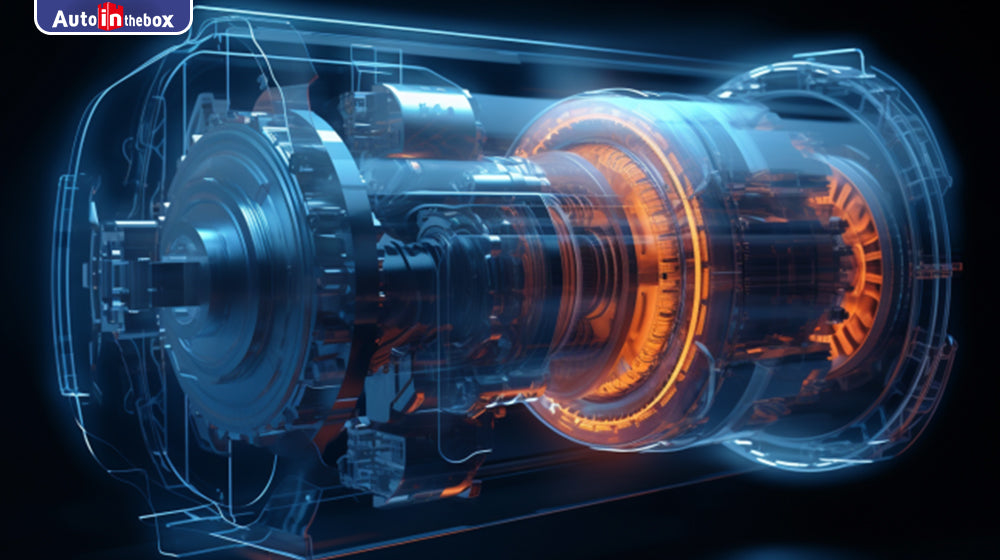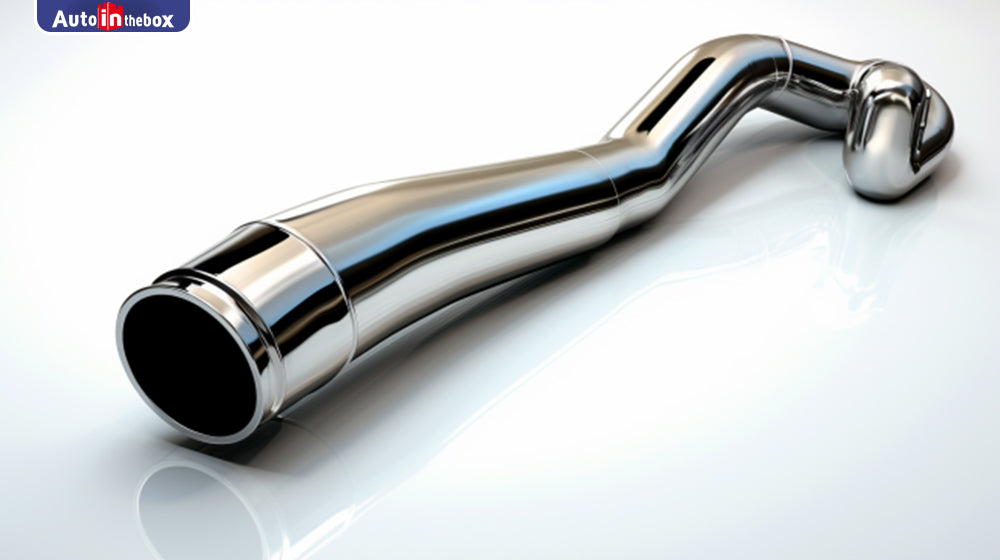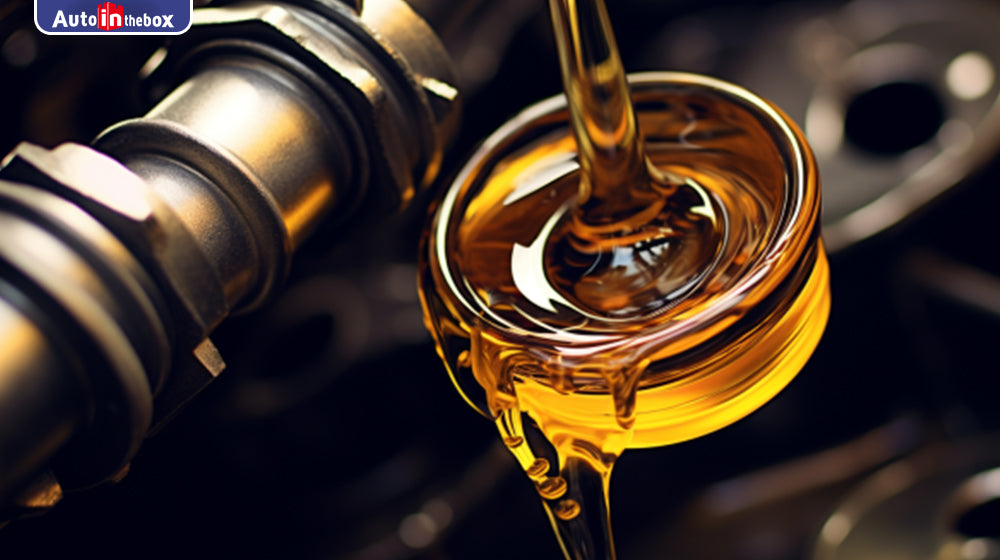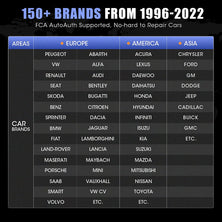
Transmission experiences jerking - what to do?
Transmission experiences jerking refers to the phenomenon where a vehicle's transmission system exhibits sudden and irregular movements or vibrations during operation. This jerking motion can be caused by mechanical issues, hydraulic problems, friction-related concerns, or wear and aging of components. Symptoms of transmission jerking include noticeable vibrations, abnormal noises, and unsmooth acceleration. Resolving the issue involves inspecting and replacing worn parts, adjusting chain or gear tension, maintaining hydraulic systems, replacing worn friction plates, and regular maintenance. Transmission jerking negatively impacts driving comfort, reduces vehicle stability, and compromises the overall driving experience.
Recommended 2023 top car diagnostic tool:Launch pro5,Launch IMMO elite,Launch PADVII,Launch IMMO plus
It is important to note that these causes may vary depending on the specific vehicle and its transmission system design. A professional diagnosis is recommended to accurately identify and address the underlying cause of transmission jerking.
It is important to address these symptoms promptly, as prolonged transmission jerking can potentially lead to further damage and compromise the overall performance and safety of the vehicle. Seeking professional assistance or a transmission specialist is recommended to diagnose and resolve the underlying issue causing the jerking.
Remember that addressing transmission jerking promptly is crucial to avoid further damage and ensure safe and smooth operation of the vehicle.
It is crucial to address transmission jerking promptly to mitigate these negative effects. Seeking professional help and conducting necessary repairs or adjustments will help restore the smooth operation of the transmission system and ensure safe and comfortable driving conditions.
Recommended 2023 top car diagnostic tool:Launch pro5,Launch IMMO elite,Launch PADVII,Launch IMMO plus
Causes of Transmission Experiences Jerking:
- Mechanical Failures: Jerking in the transmission system can result from mechanical issues such as loose transmission chains, worn sprockets or gears, and other related problems.
- Hydraulic Problems: Faulty hydraulic clutch or issues with the clutch oil pump can lead to jerking sensations in the transmission system.
- Friction Concerns: Uneven or overheated friction plates can cause jerking in the transmission system, disrupting smooth power transfer.
- Wear and Aging: Wear and aging of components like bearings or shafts can contribute to transmission jerking, as they may not function properly or fit together correctly.
- Faulty Sensors or Control Modules: Malfunctioning sensors or control modules responsible for regulating the transmission can cause jerking by sending incorrect signals or disrupting the shifting process.
It is important to note that these causes may vary depending on the specific vehicle and its transmission system design. A professional diagnosis is recommended to accurately identify and address the underlying cause of transmission jerking.
Symptoms and Signs of Transmission Experiences Jerking:
- Jerking Sensation: One of the prominent signs of a transmission experiencing jerking is a noticeable and abrupt jerking sensation felt during driving, especially when shifting gears.
- Abnormal Noise: Transmission jerking can produce unusual sounds, such as clunking or grinding noises, indicating potential problems within the transmission system.
- Vibrations: When the transmission jerks, it can result in significant vibrations that can be felt not only through the steering wheel but also throughout the entire vehicle.
- Unsmooth Acceleration: Jerking in the transmission can cause erratic or hesitant acceleration, making it challenging to achieve a consistent and smooth power delivery.
- Delayed or Harsh Shifting: Another indication of transmission jerking is delayed or harsh shifting between gears, where the transmission fails to engage smoothly and instead produces sudden jolts during gear changes.
- Warning Lights: In some cases, the vehicle's onboard diagnostic system may detect transmission-related issues and trigger warning lights on the instrument panel, such as the check engine light or transmission warning light.
It is important to address these symptoms promptly, as prolonged transmission jerking can potentially lead to further damage and compromise the overall performance and safety of the vehicle. Seeking professional assistance or a transmission specialist is recommended to diagnose and resolve the underlying issue causing the jerking.
Solutions for Transmission Experiences Jerking:
- Inspect and Replace Worn Components: Regularly inspect the transmission system for worn or damaged parts such as transmission chains, sprockets, gears, bearings, and shafts. Replace any components that show signs of excessive wear or damage.
- Adjust Chain or Gear Tension: If the transmission chain or gears are too loose or too tight, it can cause jerking. Properly adjust the tension to ensure smooth and consistent power transfer.
- Maintain and Clean Hydraulic Systems: Regularly clean and maintain the hydraulic system, including the hydraulic clutch and oil pump. Ensure the hydraulic fluid is at the proper level and replace it if necessary to prevent jerking caused by hydraulic issues.
- Replace Worn Friction Plates: If the friction plates in the transmission are worn or damaged, they can cause jerking during gear shifts. Replace these plates to restore smooth operation.
- Regular Maintenance and Lubrication: Perform routine maintenance tasks such as lubricating moving parts, tightening bolts and connections, and ensuring the transmission system is properly aligned. Regular maintenance helps prevent issues that can lead to jerking.
- Seek Professional Assistance: If the jerking persists or is severe, it is recommended to consult a professional mechanic or transmission specialist. They can diagnose the underlying problem accurately and provide appropriate repairs or adjustments.
Remember that addressing transmission jerking promptly is crucial to avoid further damage and ensure safe and smooth operation of the vehicle.
Effects and Consequences of Transmission Experiences Jerking:
- Reduced Driving Comfort: The jerking motion in the transmission system can significantly impact the driving comfort for both the driver and passengers. The sudden jolts and vibrations make the driving experience unpleasant and potentially fatiguing.
- Compromised Vehicle Stability: Transmission jerking can affect the stability of the vehicle, particularly during gear shifts or when accelerating. This instability can make it challenging to maintain control over the vehicle, especially in critical driving situations.
- Increased Wear and Tear: Continuous jerking in the transmission system puts additional stress on various components, leading to accelerated wear and tear. This can result in the premature failure of transmission parts, requiring costly repairs or replacements.
- Potential Damage to Other Vehicle Systems: Severe transmission jerking can cause collateral damage to other interconnected systems within the vehicle. Excessive vibrations may affect the suspension, exhaust, drivetrain, or even electronic components, leading to further issues and expenses.
- Decreased Fuel Efficiency: Jerking in the transmission system can disrupt the smooth transfer of power, leading to inefficient energy utilization. This can result in decreased fuel efficiency and increased fuel consumption, ultimately impacting the vehicle's operating costs.
- Safety Risks: Sudden jerking motions during gear shifts or acceleration can compromise the vehicle's overall safety. It may affect the driver's ability to maintain control, potentially leading to accidents or hazardous situations on the road.
It is crucial to address transmission jerking promptly to mitigate these negative effects. Seeking professional help and conducting necessary repairs or adjustments will help restore the smooth operation of the transmission system and ensure safe and comfortable driving conditions.
Older Post
 Newer Post
Newer Post

Why Is My Exhaust pipe Making unusual noise or smell?

How to solve if my car transmission leaking oil?










